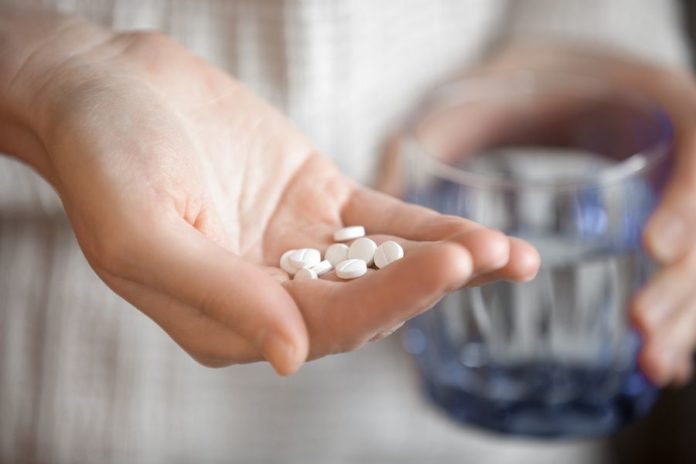Sedative-sleeping medicines cause dose-dependent effects on the central nervous system (CNS). In low doses these drugs have a soothing effect. With the dose increase, the sleeping effect is manifested.
The subsequent dose increase causes general anesthesia. A subsequent dose increase is a cause of the respiratory and cardiovascular center depression in the coma-induced oblong brain.
Benzodiazepines ( Nitrazepam, Midazolam, Flurazepam, Triazolam ) are used as hypnosis . These are medicines that are subject to special regulation and are prescribed on a green blanket (recipe).
The main clinical manifestations of overdosage of benzodiazepine hypnotics are muscle weakness, drowsiness, ataxia (lack of coordination), lethargy. In cases of severe overdose, respiratory depression and coma are possible. The treatment consists of gastric lavage with active carbon and administration of antidote (Flumazenil) and respiratory resuscitation if necessary.
Other sleep medications are so-called. Z-drugs ( Zolpidem, Zopiclone, Eszopiclone ). They are also subject to special regulation. Overdose with them leads to profound drowsiness, but coma and respiratory depression have not been observed.
Barbiturates are also used as hypnotics (Phenobarbital, Pentobarbital) . Acute poisoning with barbiturates is the most dangerous. Their use as a hypnotic is used in more severe cases. The toxic dose of barbiturates is 5-10 times higher than their somnolence dose.
Symptoms of overdose of barbiturates are gradual consciousness-to-coma, breathing inhibition, blood pressure dropping, hypothermia and cardiac arrest. In the initial phase of poisoning, myosis (pupil contraction) is observed.
Treatment of acute barbiturate poisoning begins with stabilizing breathing and blood circulation as well as blood pressure. There is no specific antidote for barbiturates poisoning. In order to reduce their absorption, gastric lavage was performed with activated charcoal. In order to accelerate the release of the drug from the body through the urine, it is appropriate to alkaline the urine by intravenous administration of alkaline solutions.
In case of suspicion of poisoning poisoning, immediately contact emergency help! Keep these medicines in a safe place away from children and many elderly people who can confuse medications.







